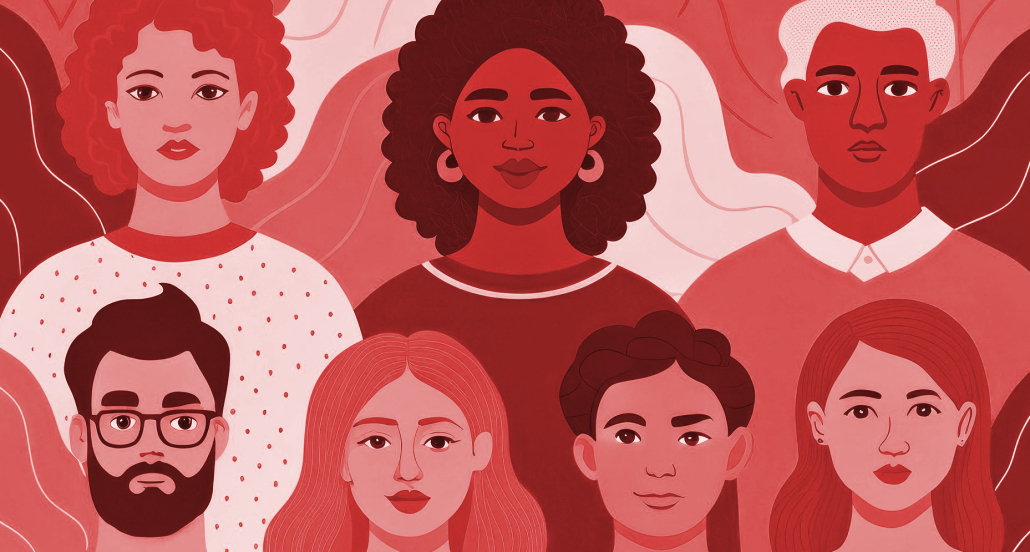By Moepeng Valencia Talane – CW Voices
Corruption Watch’s Strengthening Action Against Corruption (SAAC) project – which we launched in 2024 in partnership with the Social Change Assistance Trust and Transparency International, with the intention of awakening a sense of community and ownership in the fight against corruption – is gaining steady, and healthy, momentum.
Most recently this observation was solidified for participants in a week-long training workshop of a cohort of young people, nominated through their community work across different parts of the Eastern Cape. They received training in advocacy work, communications, and media, and how to hold each other accountable as part of the SAAC’s Youth Ambassador for Accountability (YAfA) programme. The workshop was successful in bringing to the fore the key issues that young people affected by corruption and poor governance see in their communities every day. It was also a platform for ushering them to the point where they can answer the question: ‘what can I do about it?’
Perhaps it would be good to state here that the principles of the SAAC are for meaningful and intentional mobilisation of communities in the fight for accountability in our local government structures. We must all, as members of the communities we live in, be able to tell when things are not going right in our municipalities or affiliated institutions. More than that, though, we must step up and hold those in charge of providing services at these institutions accountable. We may not all have the ability to investigate what we suspect is corruption, but our resolve and relentlessness in seeking accountable leadership should be what we bring to the table.
So, in observing an evolution of sorts – of young people going from being ill-equipped and modest about what they can and cannot do in their community at the beginning of the workshop, to being spurred on and eager to at least start somewhere – we as civil society practitioners should be proud. This pride is not in what we may have achieved in educating the ordinary South African in standing up for what is right, but for the mere fact that a group of young people responded to a call to action that involves them mobilising their communities – a sign that not all hope is lost in our country. Certainly, not all hope is lost even though we see misconduct on our roads, in our schools, churches, and other community-focused centres of society.
Youth stepping up
It is absolutely disheartening to see in the news how many of South Africa’s young people face the criminal justice system as accused perpetrators of heinous crimes that destroy not only their own lives but the moral fibre of their communities. On the other hand, it is heart-warming to know that there are some young people who – despite their own daily encounters with various ills of our society – want to take the uncertain, uncharted first steps in reconfiguring their communities into centres of responsibility and accountability, for the good of both those who live there now, and those who will do so in the future.
Of course, their efforts must be met with encouraging vigour from not just civil society, but government too. It would make the lives of many of our less fortunate communities easier if they are empowered with knowledge of how governance systems work and the implications when they fail.
So intentional efforts in educating say, young people about symbols of good governance in the public sector landscape would go a long way in bridging the gap between communities and government. We need more young people in the fight for accountability in the public sector, and for that to happen, they need to know what this accountability looks like. For so long South Africans have, either intentionally or inadvertently, normalised the long-running culture of impunity in our public institutions. When we know how government is run, and are aware of the policies and legislation that govern its activities and the accountability structures that should be there, then we know how to be actively involved in holding the relevant people accountable.
The Eastern Cape group is indeed an inspiration for many other young people across the country. May they inspire innovative and safe approaches by many others in getting those who govern our cities, towns, and villages to answer to us responsibly and honestly.


Leave a Reply Cancel reply